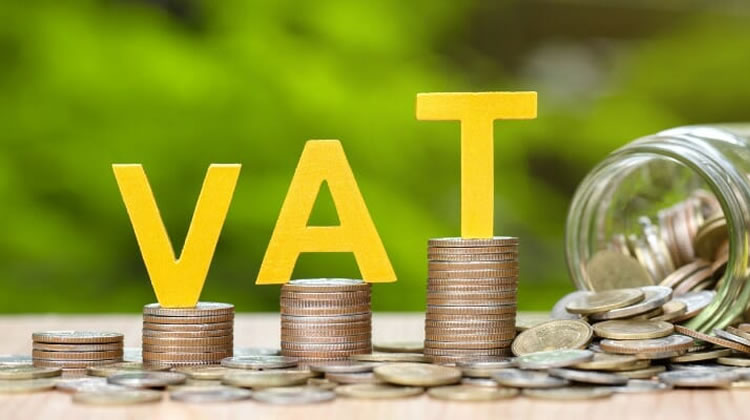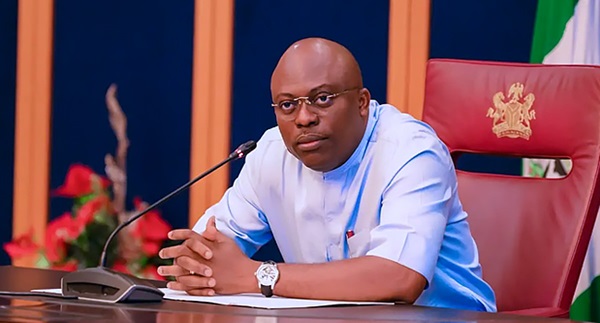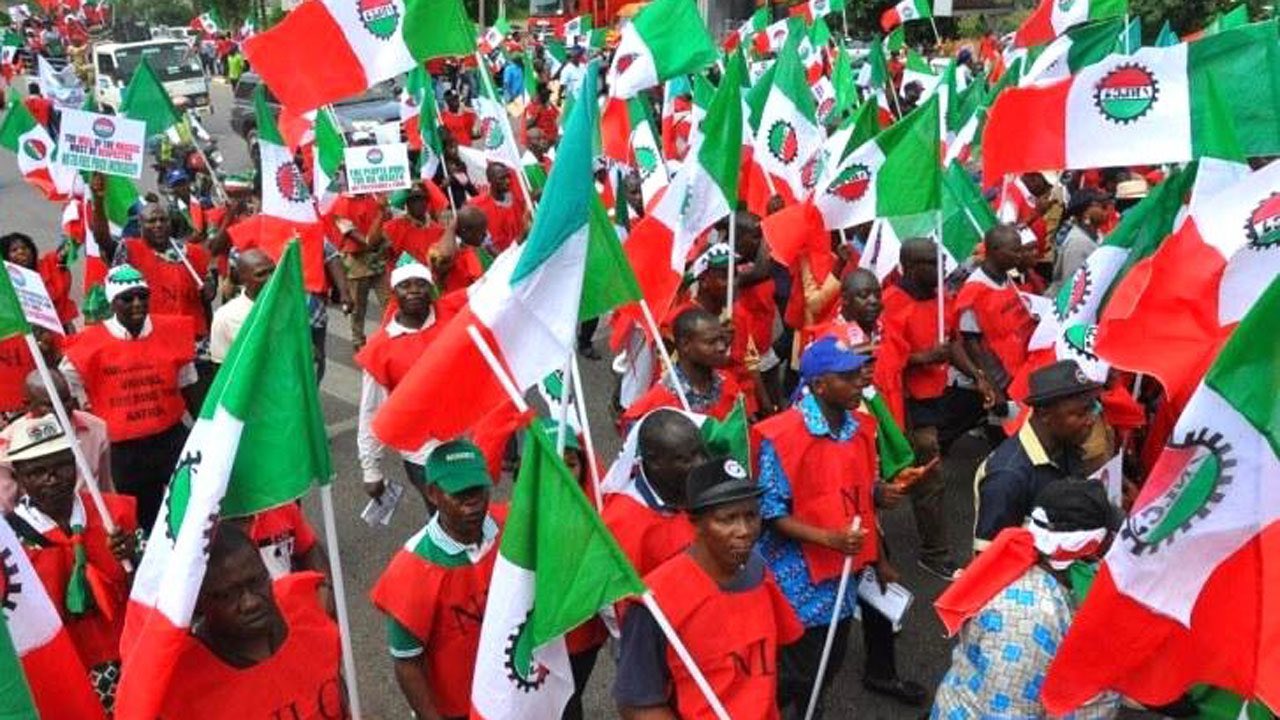The Chairman of the Presidential Tax and Fiscal Policy Reforms Committee, Taiwo Oyedele, announced that the planned increase in Value Added Tax (VAT) from 7.5% to 10% will be implemented gradually. Speaking at a public consultation workshop for journalists and public analysts in Abuja on Monday, Oyedele explained that this phased approach aims to prevent a sharp decline in government revenue and avoid a sudden surge in the prices of goods and services.
Oyedele also highlighted that less than 10% of affluent Nigerians fulfill their tax obligations, stressing the need for improved compliance. The workshop, themed ‘Proposed changes to the national tax policy, tax laws and administration,’ covered several key tax reforms.
Key Points from the Proposed Tax Reforms:
1. VAT Revenue Sharing Formula:
- State collection rate increased from 50% to 55%
- Local government area increased to 35%
- Federal Government rate reduced to 10%
2. Company Income Tax:
- Reduced from 30% to 25% in phases, starting with a reduction to 27.5% in 2025 and then to 25% in 2026.
3. Zero Percent VAT on Essentials:
- Proposed zero percent VAT on food, education, medical services, and accommodation to reduce the cost of products affecting headline inflation.
4. Compliance Rate:
- Steps identified to increase the tax compliance rate from 30% to over 90%.
5. Tax Obligations for Office Seekers:
- Recommendations include barring individuals who have not fully complied with their tax obligations from qualifying for elective office or government appointments.
6. Harmonised Tax Structure:
- A proposed list of harmonised taxes and levies includes income tax, property tax, VAT, customs duties, excise tax, stamp duties, special levy, and harmonised levy.
Oyedele emphasized the need for political solutions to VAT collection issues and recommended that VAT collection be enshrined in the constitution, with 90% of collected VAT going to the states and 10% to the central government. He also highlighted the need for clear communication from the Central Bank of Nigeria (CBN) and the Nigeria Deposit Insurance Corporation (NDIC) to maintain public trust during the implementation of these reforms.




